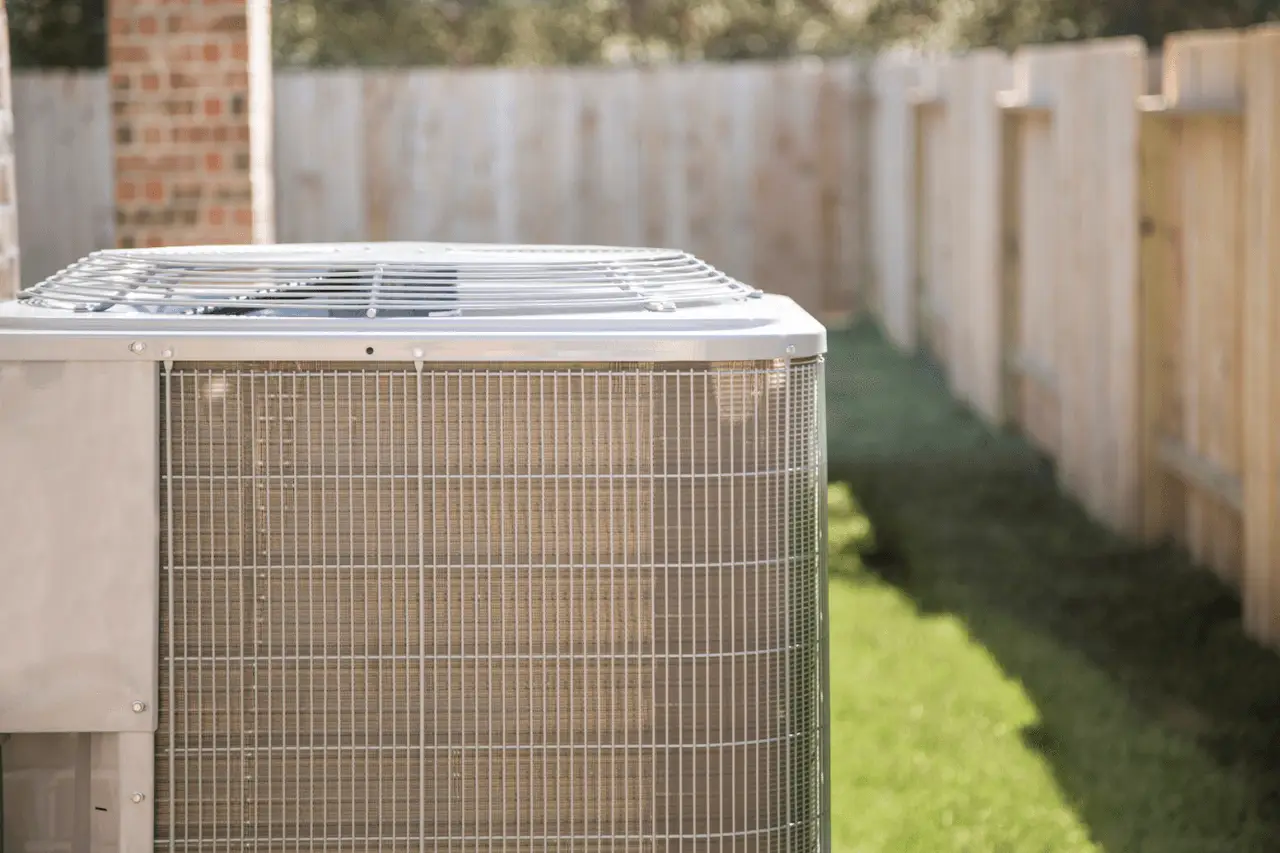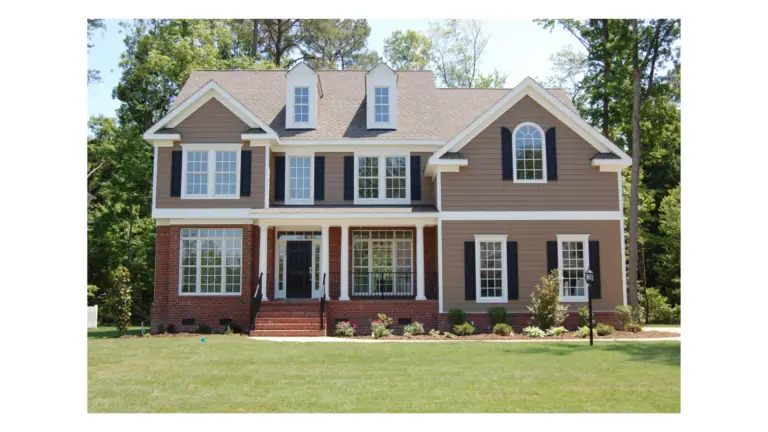Are you contemplating switching to a ductless mini-split system but unsure if it’s the right move? Ductless HVAC systems, also known as mini-split systems, are becoming increasingly popular for both residential and commercial spaces. But like any major investment, it’s crucial to weigh the pros and cons before making a decision. In this guide, ATTYX breaks down the key advantages and disadvantages of ductless HVAC systems, helping you determine if they’re the right fit for your needs.
What is a Ductless Mini Split System?
Before diving into the pros and cons, let’s briefly cover what a ductless HVAC system is. Unlike traditional HVAC systems that rely on a network of ducts to distribute air, ductless systems, also known as ductless air conditioners, consist of an outdoor unit connected to one or more indoor units via refrigerant lines. These indoor units are typically mounted on walls and can independently control the temperature of individual rooms or zones.
Pros of Ductless HVAC Systems
1. Flexibility and Zoning
One of the biggest advantages of ductless mini-split HVAC systems is their flexibility. Each indoor unit operates independently, allowing you to set different temperatures for different rooms or zones. This is particularly beneficial for homes with varying heating and cooling needs across different areas.
2. Energy Efficiency
Ductless systems are known for their energy efficiency. Without ducts, there’s no loss of energy due to leaks or poor insulation. Moreover, the ability to cool or heat only the rooms in use can lead to significant energy savings. Mini split systems heat and cool individual rooms or zones efficiently, making them a superior option compared to space heaters and traditional HVAC systems.
3. Easy Installation
Compared to traditional HVAC systems, ductless mini split AC systems are relatively easy and quick to install. Since there’s no need for extensive ductwork, the process is less invasive and can often be completed in just one day.
4. Improved Indoor Air Quality with Indoor Air Handlers
Traditional ducted systems can accumulate dust, allergens, and other pollutants over time. Ductless systems, on the other hand, have multi-stage filtration that can significantly reduce dust, bacteria, pollen, and other particulates in the air. Regular maintenance, including cleaning or replacing air filters, is essential to ensure optimal system function and indoor air quality.
5. Quiet Operation
Ductless systems are generally quieter than traditional HVAC systems. The noisy compressor and condenser units are located outside, while the indoor units are designed to operate quietly, ensuring minimal disruption inside your home. Indoor air handlers in these systems are known for their low noise levels and offer flexible design options for mounting, making them suitable for different room sizes and zones within a home.
Cons of Ductless HVAC Systems
1. Higher Upfront Costs
One of the main drawbacks of mini splits and other ductless HVAC systems is the higher initial cost. The units themselves can be more expensive than traditional systems, and while installation is simpler, the cost of multiple indoor units can add up.
2. Aesthetic Impact
While indoor units can be strategically placed, they are still visible and might not blend seamlessly with all interior designs. Some homeowners may find the look of wall-mounted units less appealing compared to hidden ductwork.
3. Maintenance Requirements
Ductless mini split systems require regular maintenance to ensure optimal performance. The filters need to be cleaned or replaced periodically, and the outdoor unit should be kept free of debris.
4. Capacity Limitations
Mini split systems are ideal for small to medium-sized spaces, but they might not be sufficient for larger homes or buildings without additional units. This can further increase the cost if multiple systems are needed to cover a large area.
5. Potential for Improper Installation of Outdoor Unit
While easier to install than traditional systems, ductless HVAC systems still require professional installation to ensure they function correctly. Improper installation can lead to inefficiencies and potential system failures. It is crucial to have air conditioning systems installed by professionals to avoid these issues.
Ductless HVAC systems offer numerous benefits, including flexibility, energy efficiency, and easy installation. However, they also come with higher upfront costs and specific maintenance needs. By carefully weighing these pros and cons, you can make an informed decision about whether a ductless HVAC system is the right choice for your home or office. At ATTYX, we’re here to provide you with the insights and expertise needed to make the best choice for your HVAC needs.





